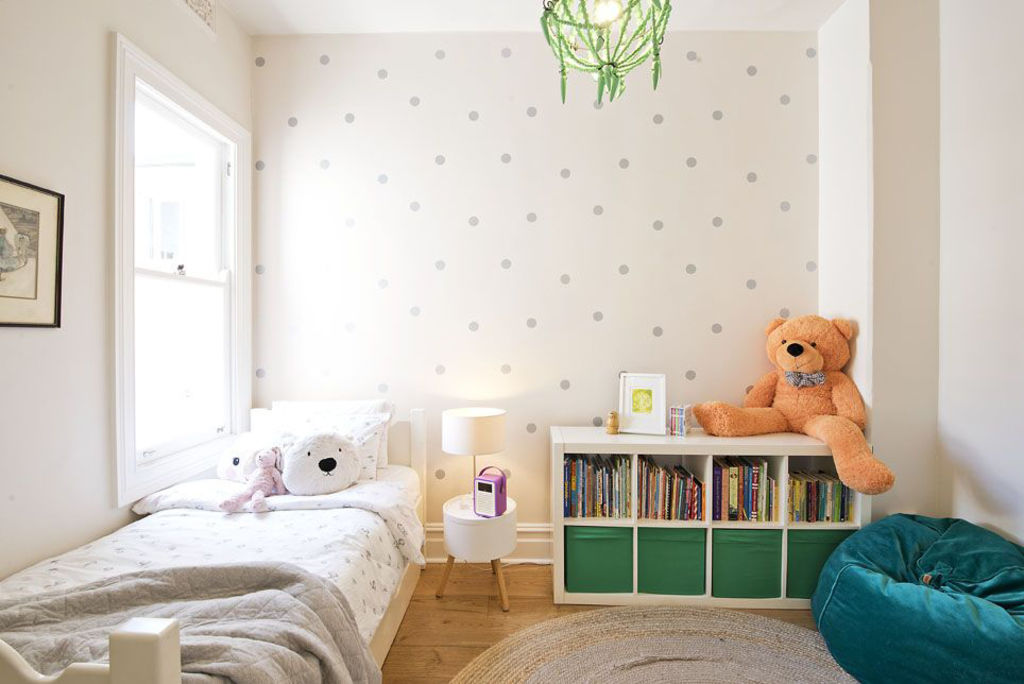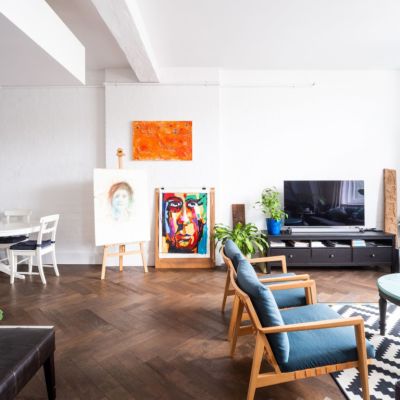Grief and home decor: What to do after the loss of a loved one

Some grieve the sale of a home and its connection to strong family memories while others find it difficult to pack up a bedroom when a loved one dies. While there is no right or wrong way to process grief, letting go is part of the healing.
When my younger brother died 20 years ago, his bedroom remained the same at my parents’ place for years – 20 of them in fact.
Being six years older, I had long moved out and didn’t really think about his bedroom and its shrine-like existence and what it deeply meant to them. Books by Sartre and Camus sat on shelves, a Jeff Buckley poster lay curled on a desk and his guitar and amp collected dust in a corner.
While I roamed the world, including a few years living in New York, publishing four books and embarking on a fun freelance career that took me from Milan to London, it took a pandemic to force my folks to make a change they should have made years ago.
Why did it take so long to dismantle their son’s life that stopped at 20? Their excuse was being too busy at work, no time to do it and no need to because the room wasn’t required, but an extended Melbourne lockdown changed their minds.
According to psychologist and GriefLine board member Sarah Godfrey, parents will often keep children’s bedrooms intact to maintain that connection.
It also helps that society is a little kinder to those who have lost young children. And after all, who are we to tell them when they should pack it up and move onward?

“We keep the bedrooms of loved ones untouched because we aren’t ready to let go,” Godfrey says.
“Smells and tactile objects help us connect with strong emotions with that person who has passed away and behind that is the fear if I lose that very strong emotional connection, then I’ve lost them again.”
She says many of those she sees for grief counselling hold onto pillowcases on the bed – unable to wash them – because they want that reminder of a deceased husband, life partner or child.
“Keeping the bedroom the same for a little while is OK,” Godfrey says.
“We understand it’s a transition of loss and a need you want to stay close to them. But if it’s been years and years, it shifts into complex grief and you’re not actually moving.
“You aren’t moving past the normal human experience of loss; the grief is now attached to other things and that’s where it gets complicated.”
Godfrey says there is light at the end of the tunnel and it’s never too late to make a change. She suggests buying a box – a symbolic one that you can place some important belongings in – then start to rearrange the room and begin to let the pain go.
“Keeping an object that symbolises that relationship is what you need. It’s not what it is, it’s how it makes you feel,” Godfrey says.
“It may be a small piece, a jumper you love or a toy that was special and when you are really missing that person or feeling vulnerable, you can take those things out and still have that deep emotional tactile response.”
Melbourne interior designer Kate Challis says when it comes to redecorating the room of a deceased loved one, think about them in a spiritual way rather than literal.
“It’s all about the spirit of the person – choose their favourite colours and incorporate a reimagining of the space while being respectful to the loved one lost,” Challis says.
“So it’s not so much about keeping their furniture if you don’t like it, it’s about paying homage in a different way.”

Challis says a room needn’t become a shrine, but she also won’t tell her clients what to do and when to do it.
“I would never suggest anything unless they were ready for it. Doing the interiors on a room where someone has died has a grieving process attached, but when the client is ready to move to the next level, then I come in and help with that,” Challis says.
Godfrey says talking about your loss is the most effective way of dealing with it while letting go of objects is another.
“Some people have shut the bedroom door and never go in there again,” Godfrey says.
“Psychologically that is absolute denial. I try to help people connect with their loss and move forward because we need to continue living at home with a memory and to make that as bearable as possible.”
We recommend
We thought you might like
States
Capital Cities
Capital Cities - Rentals
Popular Areas
Allhomes
More










